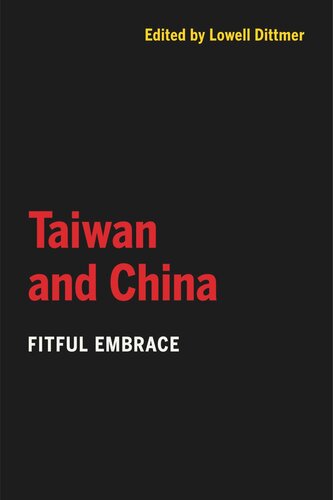

Most ebook files are in PDF format, so you can easily read them using various software such as Foxit Reader or directly on the Google Chrome browser.
Some ebook files are released by publishers in other formats such as .awz, .mobi, .epub, .fb2, etc. You may need to install specific software to read these formats on mobile/PC, such as Calibre.
Please read the tutorial at this link: https://ebookbell.com/faq
We offer FREE conversion to the popular formats you request; however, this may take some time. Therefore, right after payment, please email us, and we will try to provide the service as quickly as possible.
For some exceptional file formats or broken links (if any), please refrain from opening any disputes. Instead, email us first, and we will try to assist within a maximum of 6 hours.
EbookBell Team

4.7
46 reviewsA free ebook version of this title will be available through Luminos, University of California Press’s Open Access publishing program. Visit www.luminosoa.org to learn more.
China’s relation to Taiwan has been in constant contention since the founding of the People’s Republic of China in October 1949 and the creation of the defeated Kuomintang (KMT) exile regime on the island two months later. The island’s autonomous sovereignty has continually been challenged, initially because of the KMT’s insistence that it continue to represent not just Taiwan but all of China—and later because Taiwan refused to cede sovereignty to the then-dominant power that had arisen on the other side of the Taiwan Strait. One thing that makes Taiwan so politically difficult and yet so intellectually fascinating is that it is not merely a security problem, but a ganglion of interrelated puzzles. The optimistic hope of the Ma Ying-jeou administration for a new era of peace and cooperation foundered on a landslide victory by the Democratic Progressive Party, which has made clear its intent to distance Taiwan from China’s political embrace. The Taiwanese are now waiting with bated breath as the relationship tautens. Why did détente fail, and what chance does Taiwan have without it? Contributors to this volume focus on three aspects of the evolving quandary: nationalistic identity, social economy, and political strategy.